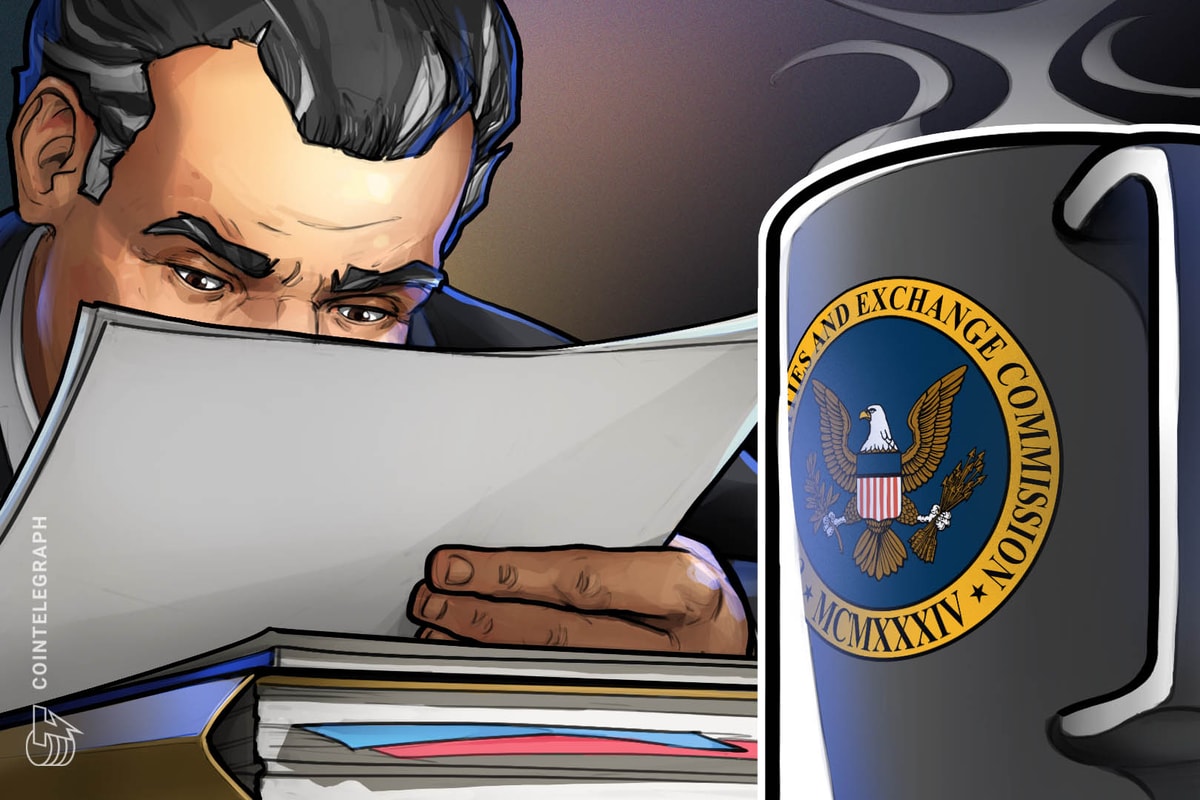What is Ripple Labs’ RLUSD stablecoin?
RLUSD is a stablecoin developed by Ripple Labs, the organization behind the XRP cryptocurrency. RLUSD, or Ripple Labs USD, aims to offer a stable digital currency for use in transactions and trading.
As a stablecoin pegged to the US dollar, 1 RLUSD is worth $1. The 1:1 peg is maintained with backing for every RLUSD coin. These collateral assets are either US dollar deposits or cash equivalents.
On Dec. 10, 2024, RLUSD was given the green light by regulators. The New York Department of Financial Services approved the new stablecoin on the XRP Ledger and Ethereum blockchains.
A week later, on Dec. 17, RLUSD officially launched, becoming available on five crypto exchanges: Uphold, MoonPay, Archax, Bitso and CoinMENA. Its availability will broaden as time goes on to include significant names like Bullish, Bitcstamp and Mercado Bitcoin.
RLUSD will be incorporated into the Ripple Payment Network in 2025. Ripple Payment will use stablecoin for enterprise clients requiring global payments. It is expected to deliver efficiency and cheap cross-border transactions, especially for institutions.
Will RLUSD replace XRP? Ripple has confirmed that it is not a replacement for XRP (XRP). While XRP is a native token on Ripple’s payment network and is used to facilitate financial transactions worldwide, RLUSD is a form of digital cash.
Did you know? Ripple launched its first cryptocurrency, XRP, in 2012, and as of December 2024, it is the 4th largest crypto by market cap, only trumped by Bitcoin (BTC), Ether (ETH) and Tether (USDt).
How does RLUSD stablecoin work?
RLUSD works similarly to other major US dollar-pegged stablecoins by allowing people and institutions to deposit capital assets, like US dollars, in order to mint each new coin. The cryptocurrency can be transacted on the Ethereum and XRP Ledger blockchains.
There’s nothing inherently new about the technology and concept of Ripple’s new stablecoin. It is a direct competitor to established players like USDt and USD coin (USDC).
Collateral backing ensures that the price remains stable and avoids the problematic volatility of some other cryptocurrencies. This reliability allows businesses and traders to transact away from unpredictable price movements.
RLUSD is usable across both the XRP Ledger and Ethereum blockchain. So you can use it as a trading pair on exchanges or send and receive transactions with other people.
Here’s how RLUSD is different from USDt and USDC:

Benefits of RLUSD stablecoin
Ripple Labs’ RLUSD is poised to become a leading actor in the stablecoin world with strong advantages to make it reliable, trustworthy and efficient.
- Stable value: RLUSD is designed to maintain a consistent value of one US dollar, which is a feature in how RLUSD improves payments and transactions for crypto users.
- Regulatory approval: With RLUSD approval by NYDFS and Ripple Labs as developers, it is a trustworthy crypto project. This gives it immense credibility upon launch.
- Institutional payment focus: The coin is purpose-built for institutional payments so that organizations can look forward to smooth, fast and cost-efficient global transactions
- Wide accessibility: Ripple is one of the biggest players in the blockchain world. They have plans to launch RLUSD on several exchanges, and it will likely soon be on every major crypto exchange.
- Multi-blockchain support: The new stablecoin will run on two blockchains — XRP Ledger and Ethereum. There’s flexibility to use it across a wide ecosystem.
- Fully backed reserve: Funds are secure, with every RLUSD backed by a segregated cash or cash-equivalents reserve. This ensures you can always trade RLUSD for USD at a 1:1 ratio.
Did you know? The SEC filed a lawsuit against Ripple Labs in December 2020. The regulator accused Ripple of selling XRP as an unregistered security. It took until July 2023 for Ripple to score a partial win, with the judge ruling that XRP sold on exchanges was not a security, though institutional sales violated securities law. The SEC appealed the decision in October 2024, with the crypto world still awaiting a final verdict.
Use cases of RLUSD stablecoin
RLUSD beta testing results show it to be fast, reliable and cost-effective, making it useful for several financial use cases, including payments, trading, DeFi and tokenization.
- RLUSD cross-border payments: Cross-border payments are perhaps the biggest use for stablecoins like RLUSD. They enable you to instantly send money anywhere in the world at minimal cost. Useful in the globally connected economy.
- On/off-ramps: Cashing in and out of crypto can be a challenge. RLUSD provides a helpful on/off-ramp for traders entering and exiting exchanges without volatility risks.
- Day-to-day payments: Ripple Lab has referred to the stablecoin as “digital cash,” which shows that they expect it to be used for smaller daily payments. Another handy use for fast and stable cryptocurrencies.
- Asset tokenization: RLUSD enables you to tokenize real-world assets. Specifically, it allows institutions to provide collateralization for trading real-world tokenized assets like Treasurys, commodities and securities.
- DeFi: With RLUSD’s integration into the Ethereum blockchain, it will provide a trustworthy stablecoin to integrate into DeFi protocols. You shouldn’t be surprised to see it used as a decentralized exchange (DEX) trading pair or collateral option on lending protocols.
Future outlook of RLUSD stablecoin
There are big plans for RLUSD. Ripple is already projecting a market cap of more than $2 trillion by 2028.
Ambitious, considering Bitcoin only achieved $2 trillion on Nov. 12, 2024 — 15 years after its launch. The world’s leading stablecoin, USDt, had a $138 billion cap at that time.
With regulatory approval, RLUSD’s late 2025 launch looks promising. This should include several major integrations on day one.
Ripple stablecoin launch details have been slowly drip-fed over the last few months since testing began on XRP Ledger and Ethereum mainnets in August. RLUSD and XRP differences are quite clear, and it has been confirmed that it is not a replacement for XRP, but it will complement Ripple’s cross-border payment solutions.
Stablecoin audits and transparency by Ripple have been promised, with regular third-party audits of the collateral reserve to be carried out alongside monthly financial reports. Still, details of who will carry out the auditing process have yet to be confirmed.

 2 days ago
2
2 days ago
2








 English (US) ·
English (US) ·